13 Seasonal Cleaning Tasks Before Winter Sets In
As the days get shorter, it’s important to prepare your home for winter. A little extra cleaning now can save you time and stress later on. These seasonal tasks will help you stay comfortable throughout the colder months. Taking action now will ensure your home remains safe and cozy as winter sets in.
This post may contain affiliate links, which helps keep this content free. Please read our disclosure for more info.
Clean Out Gutters and Downspouts
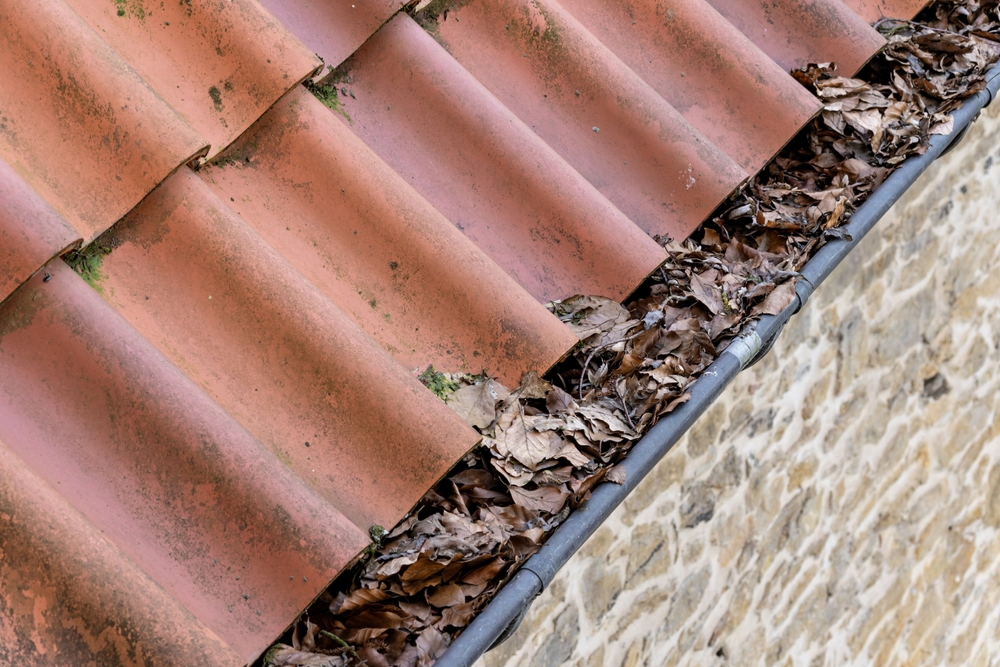
Cleaning your gutters and downspouts is essential to prevent water damage during winter storms. Leaves and debris can clog the system, causing water to back up and freeze, which leads to expensive repairs. Make sure to clear out all debris and check for any blockages in the downspouts. You can also consider installing gutter guards to reduce the amount of debris that enters them next season.
If the gutters are clogged, it can lead to the formation of ice dams, which damage your roof and walls. Use a sturdy ladder and wear gloves for safety while removing leaves, twigs, and other debris. Once cleaned, flush the gutters with a hose to ensure everything is clear. This simple task will save you time and trouble during the cold months ahead.
Inspect and Clean the Chimney

Before the cold weather hits, take the time to inspect and clean your chimney. Over time, soot and creosote can build up, which increases the risk of a chimney fire. Hire a professional if necessary to ensure the chimney is safe and functioning properly. You should also check for any cracks or signs of damage that could cause leaks or carbon monoxide issues.
Cleaning the chimney can also improve air quality inside your home. Ensure the fireplace damper opens and closes properly to prevent cold air from entering your home. This cleaning task not only makes your fireplace safer but also ensures it is ready for cozy winter nights. Regular maintenance will keep the chimney working efficiently throughout the season.
Winterize Outdoor Faucets
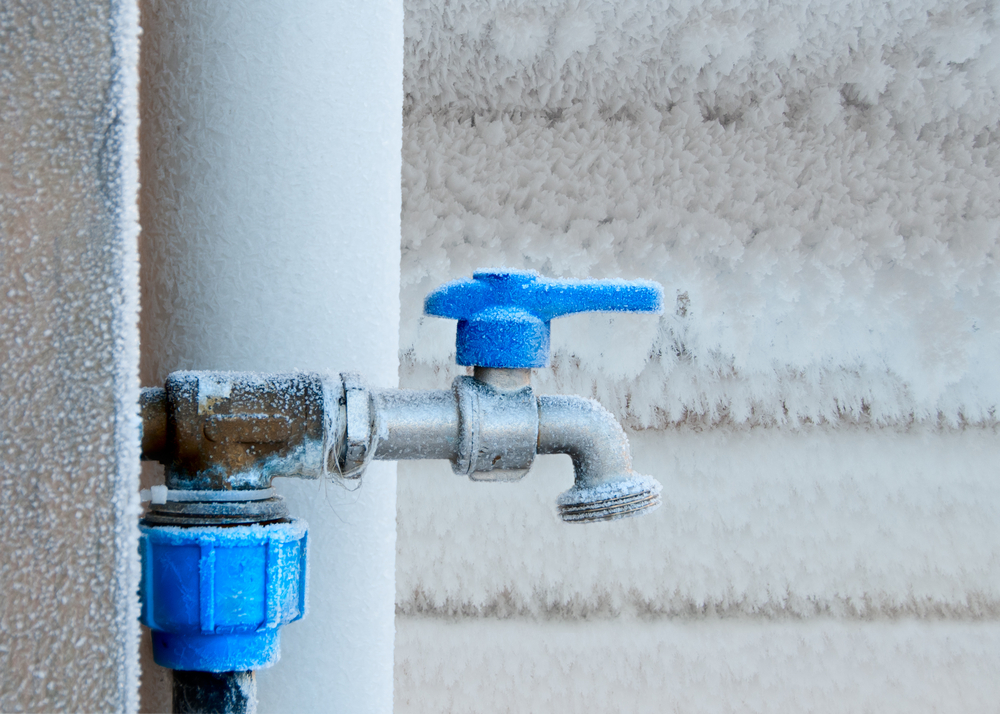
Winterizing outdoor faucets is important to prevent pipes from freezing and bursting. Drain the hoses and remove them from the faucets to ensure that no water remains in them. Then, cover the faucets with insulated covers to protect them from the cold. This small step can help you avoid costly plumbing repairs in the spring.
If your home has an interior shutoff valve for outdoor faucets, turn it off to stop any remaining water from freezing. Ensure that no water is trapped in the pipes by opening the faucet slightly. This task is easy to complete, yet it can prevent severe damage when temperatures drop. Make sure to check all exterior faucets before winter arrives.
Clean and Store Lawn Equipment
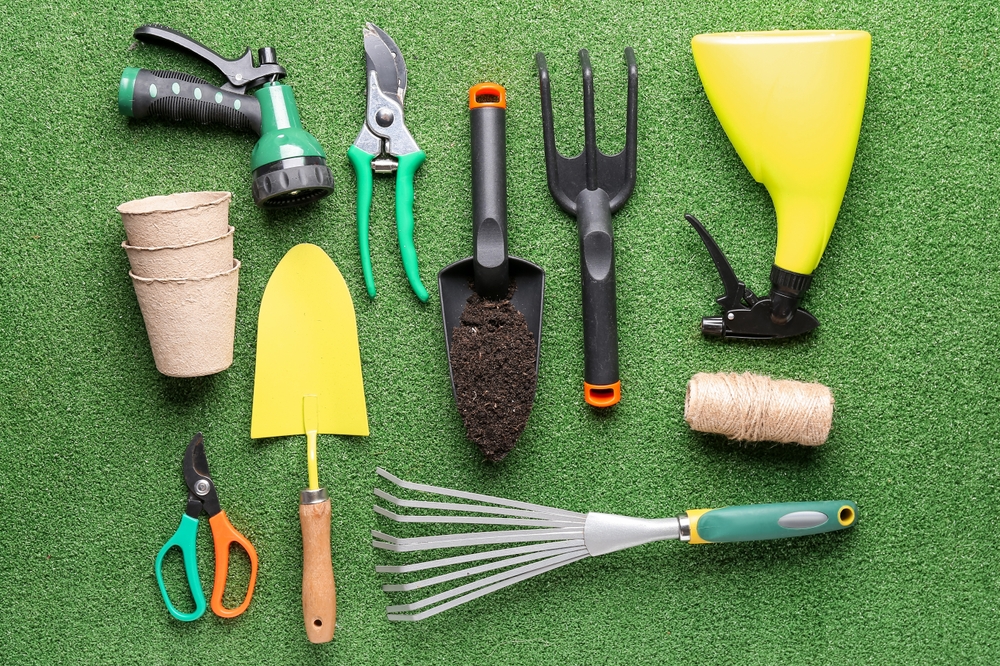
As the growing season comes to an end, cleaning and storing your lawn equipment properly is essential for longevity. Clean the mower deck and remove any grass clippings to prevent rust. Drain the fuel from the mower and other equipment to keep the fuel lines from clogging. Store the items in a dry place to protect them from the elements.
Additionally, inspect your equipment for any necessary repairs before storing it for the winter. Taking the time to clean and maintain your lawn tools now ensures they will be ready for use next spring. Proper storage helps maintain the equipment’s condition and extends its lifespan. A little maintenance now can save you headaches when the weather warms up.
Check Insulation and Seal Gaps
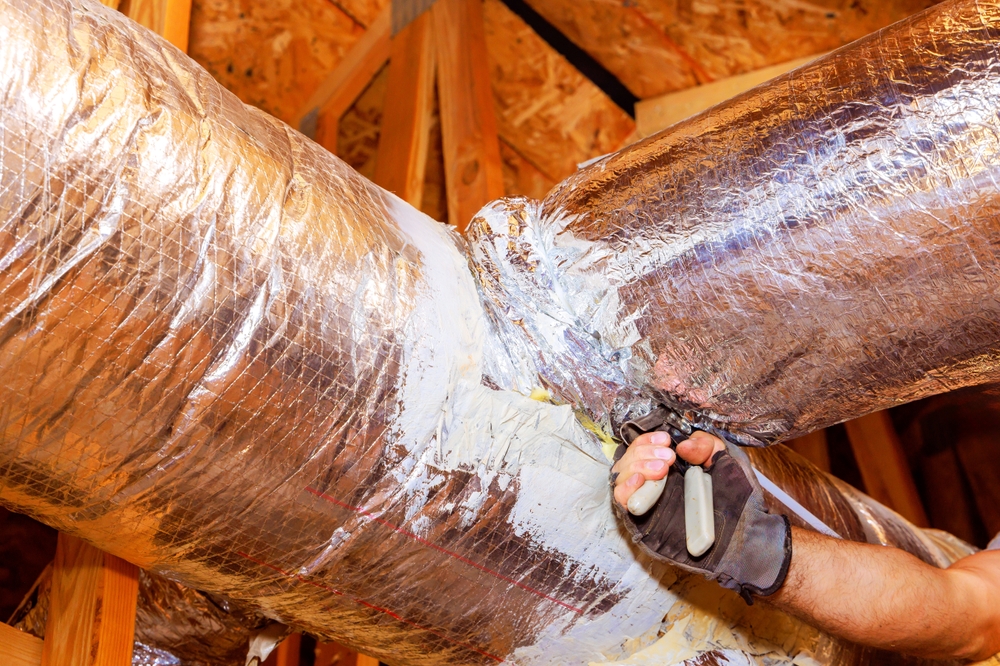
Check your home’s insulation to ensure it will keep you warm during the winter. Examine the attic and basement to make sure the insulation is intact and has not shifted or become damaged. If you find any gaps, use caulking or weatherstripping to seal them and keep warm air inside. Pay special attention to areas around windows, doors, and vents.
Sealing these gaps can reduce heating costs and prevent cold drafts from entering your home. Adding extra insulation where needed can make a significant difference in your home’s comfort and energy efficiency. This task is simple and highly effective in making your home cozier when the temperatures start to drop. Start early to avoid the chill that winter can bring.
Clean Windows and Storm Doors
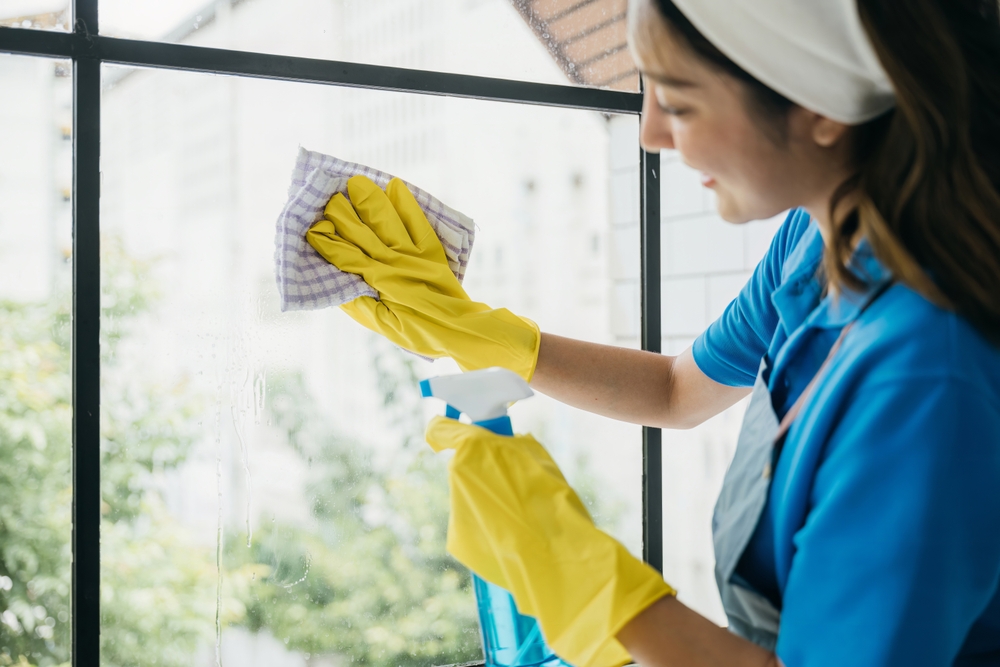
Now is the time to clean your windows and storm doors to ensure they are ready for winter. Wash the windows inside and out to remove dirt and grime that has built up. Also, inspect the seals around windows and doors for any damage or gaps. Apply weatherstripping to prevent cold air from entering and to improve energy efficiency.
A clear view through your windows allows more natural light, which can help improve your mood during the drearier months. If you have storm windows, ensure they are clean and properly secured. This cleaning task will help keep your home warmer and more comfortable as the days get shorter and the air turns cold.
Test Smoke and Carbon Monoxide Detectors

Testing your smoke and carbon monoxide detectors is a crucial safety step before winter. Cold weather can make your heating system work harder, which increases the chances of carbon monoxide buildup. Replace the batteries in all detectors, and test them to ensure they are functioning correctly. It is also a good idea to clean the detectors by vacuuming away any dust.
Having fully functioning detectors can save lives, especially during the winter months when families spend more time indoors. If your detectors are more than 10 years old, consider replacing them. This task is quick and can provide peace of mind knowing your home is prepared for any emergency. Safety should always be a top priority before the colder months set in.
Clean and Organize Closets and Storage Spaces

Winter means bulky clothing, blankets, and other seasonal items will be taking up space. Take some time to clean out your closets and storage spaces to make room for winter gear. Donate items you no longer need and reorganize shelves to make things easier to find. This will help you keep everything neat and accessible when you need it most.
While you’re cleaning, make sure to vacuum the floors and wipe down shelves to keep your storage spaces fresh. Add a few storage bins or vacuum-sealed bags for seasonal items like winter coats or holiday decorations. A well-organized closet will save time and reduce stress when you need to get to your warmest clothes. Prepare your space now, and you’ll feel more organized during the busy winter months.
Maintain Your Lawn and Garden
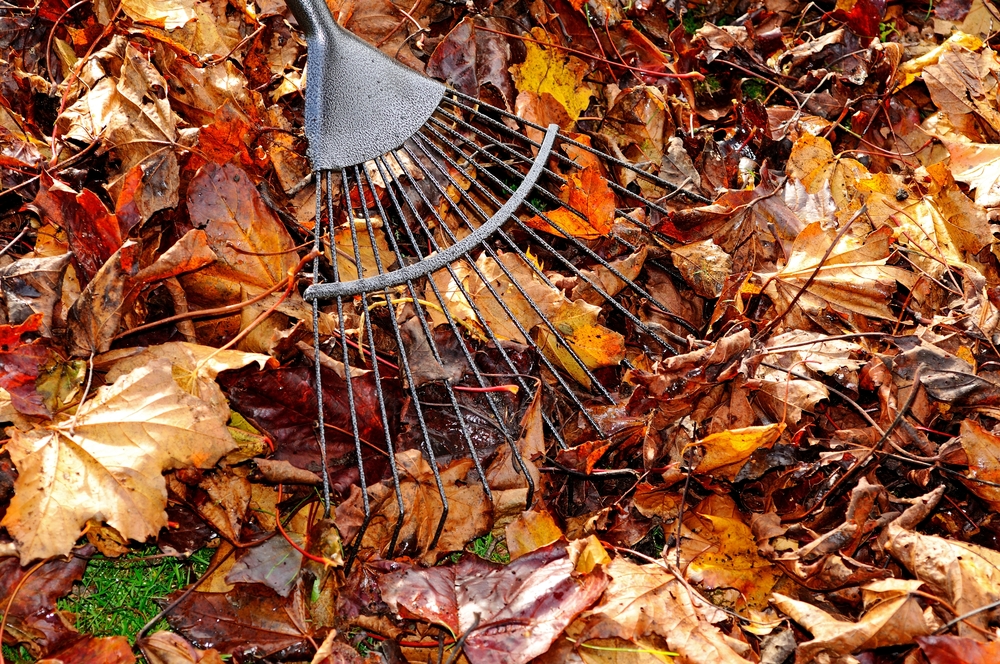
As the growing season winds down, take the opportunity to clean up your garden and lawn. Remove dead plants, leaves, and other debris from garden beds and the lawn. This helps prevent mold, pests, and diseases from developing during the winter. Additionally, consider spreading mulch over garden beds to protect the soil and plants from frost damage.
Take care of your lawn by aerating it and reseeding bare spots, which will help it stay healthy in the colder months. Prune any trees or bushes that may have become overgrown during the year. Preparing your garden for winter ensures that it will thrive in the spring, giving you a beautiful outdoor space to enjoy once the weather warms up.
Inspect the Roof for Damage
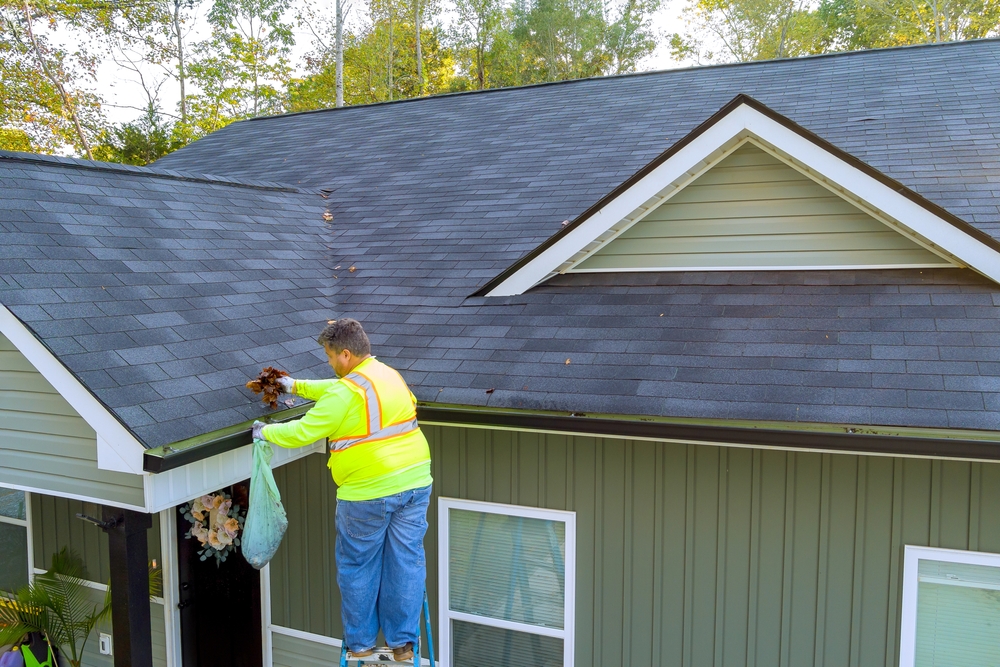
Before the harsh winter weather arrives, inspect your roof for any signs of damage or wear. Look for missing or damaged shingles that could let in water, especially when snow and ice begin to accumulate. Check the flashing around chimneys and vents for leaks. If you find any problems, have them repaired before the snow starts to fall.
A well-maintained roof helps protect your home from leaks and ice dams, which can cause extensive damage. If you are unsure about the condition of your roof, hire a professional to conduct a thorough inspection. Taking care of roof issues now will save you from potential water damage and expensive repairs in the future.
Clean and Check Your Water Heater
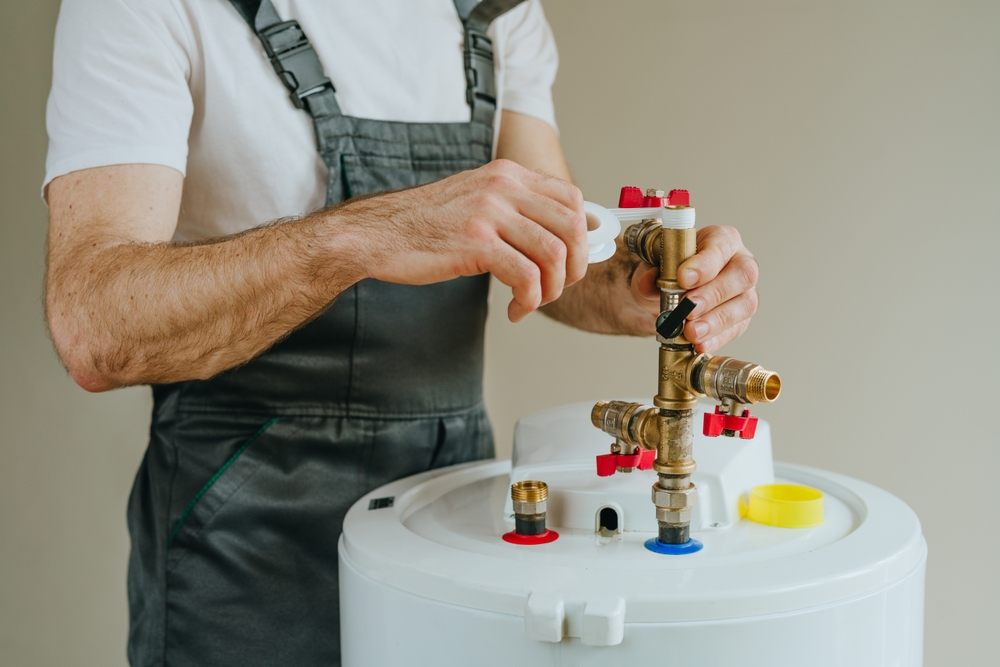
Winter brings a higher demand for hot water, so it is important to make sure your water heater is working properly. Flush the tank to remove sediment buildup, which can decrease its efficiency. Check the thermostat setting and make sure it is set to a comfortable yet energy-efficient temperature. If the water heater is making strange noises or not working as well as it should, have it inspected by a professional.
By performing routine maintenance, you can avoid having to deal with a cold shower during the coldest months. A properly maintained water heater uses less energy and provides more consistent hot water. This small task ensures your home remains comfortable and energy-efficient all winter long.
Clean Dryer Vents and Lint Traps
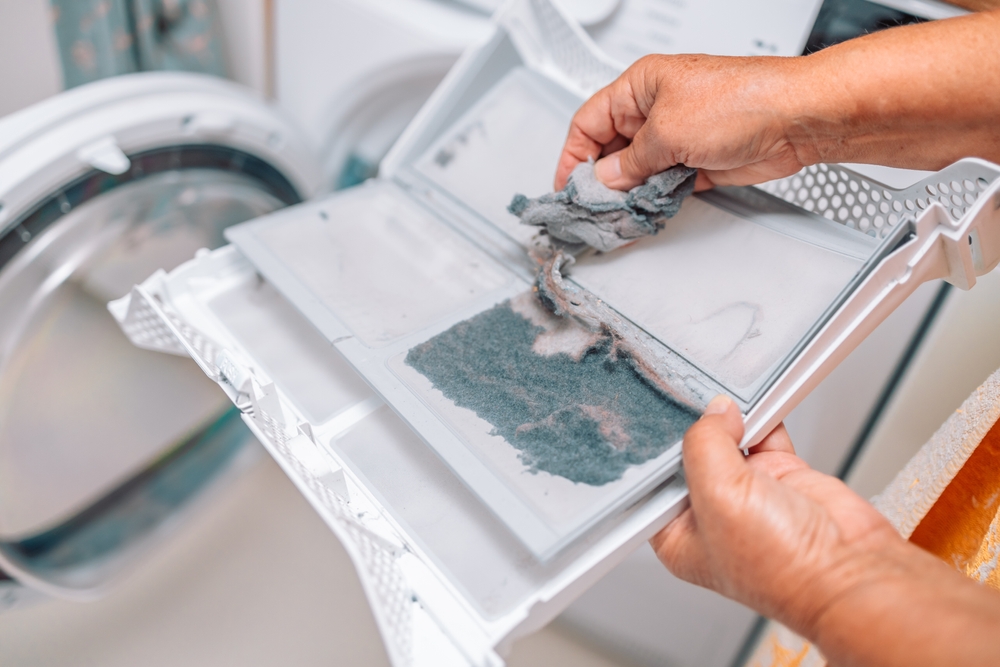
Cleaning your dryer vents and lint traps is essential to prevent fires, especially as the weather gets colder and you use the dryer more often. Empty the lint trap after every load, and make sure it is free from buildup. Once a year, clean the dryer vent hose to ensure air can flow freely. Clogged vents can cause overheating, leading to fire hazards or inefficient drying.
In addition to safety, this task helps your dryer run more efficiently, cutting down on energy use. Check the vent for any holes or cracks that could lead to air leaks. By maintaining your dryer, you reduce the risk of fires and ensure it continues to work effectively. This is an important step to complete before you start using your dryer more frequently during the winter.
Prepare Your Car for Winter

Lastly, do not forget to prepare your car for winter. Check the tires to ensure they have enough tread for icy conditions, and replace them if necessary. Top off the antifreeze and ensure the battery is fully charged. You should also check the windshield wipers and replace them if they are worn out.
Having an emergency kit in your car is a smart move for winter driving. Include items like blankets, water, snacks, and a flashlight in case of an unexpected breakdown. These preparations will make sure your vehicle stays reliable during the cold months. Completing this checklist now helps you avoid getting stuck in winter weather.
This article originally appeared on Avocadu.
